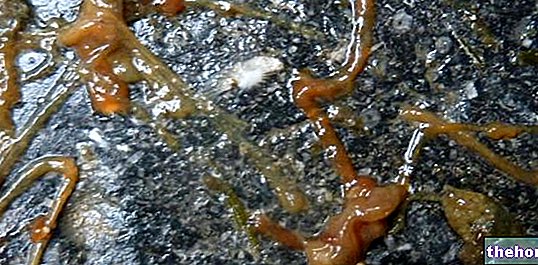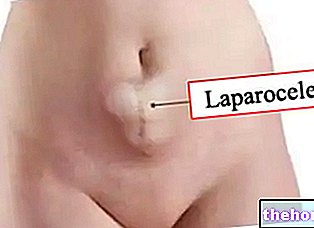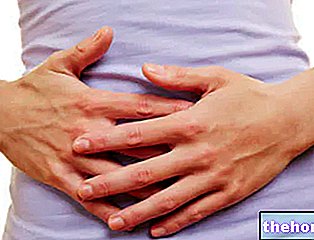They call it the second brain, partly because it is characterized by a dense nerve texture, known as the enteric nervous system, partly because it responds to changes in our mood and state of mind, just as if it were an extension of our brain: it is there. intestine.
From a simple "tube" with an absorbent function, with the characterization of the cellular structures that constitute it, the intestine has become a complex organ, at the center of the correct functioning of our organism and inevitably influenced and perturbed by numerous external stimuli.
It is therefore not surprising that when we smile or maybe when we are carefree on vacation, the intestine works like a clock and everything seems to go well, unlike when instead overwhelmed by stress and despair, it falls into absolute darkness. , becoming erratic and often not functioning properly.
The numerous patients with irritable bowel syndrome (about 12% of the world population) are well aware of this, forced to live with symptoms such as bloating, constipation, diarrhea, abdominal pain and sometimes nausea and vomiting, so invasive as to seriously compromise the quality of life and normal sociability.
Thus, everything that until a few years ago was dismissed as the term of stress, intestinal somatization or the much used "nervous colitis" today finds scientific dignity in what experts call Gut-Brain Axis, that is, intestine-brain axis.
It is a dense nerve texture, supported not only by anatomically tangible connections but by a series of numerous hormones and neurotransmitters shared between the central nervous system and the intestine.
Just think of the well-known Serotonin, produced in very large quantities by Enterochromaffin "intestinal" cells, or of kynurenin rather than quinolinic acid also involved in the pathogenesis of various psychiatric disorders.
The same goes for catecholamines, including dopamine, rather than gamma amino butyric acid, and many other small neurotransmitters active both on the central nervous system and on the intestinal system.
And then the question arises: how to take care of this sensitive organ?
.It is also able to provide good amounts of amino acids such as Tryptophan rather than Tyrosine, precious substrates for the synthesis of those neurotransmitters listed above.
- Exercise. Panacea against almost all ills, even physical exercise seems to promote good intestinal health, improving its motility and indirectly influencing the microbiota as well.
- Pre and probiotics. Taken in the form of supplements but also of foods, as in the case of fermented foods, they are a concrete help, precious especially in the most difficult moments. If taken wisely, they can restore an adequate microenvironment in a few days, and thus provide a valuable starting point.
- Meditation. It is perhaps the avant-garde in the management of intestinal disorders, despite its roots dating back centuries and centuries ago. Meditation, as well as deep breathing, exercised in various ways, more or less applied to intestinal disorders, certainly constitutes a support tool. and sometimes decisive.
Everything must necessarily be seasoned with regular rhythms of life and why not with a good and never predictable hunger for optimism.
. 2015 Mar; 4: 141-6.
New insights in IBS-like disorders: Pandora "s box has been opened; a review.
Borghini R, Donato G, Alvaro D, Picarelli A. Gastroenterol Hepatol Bed Bench. 2017 Spring; 10: 79-89.




























